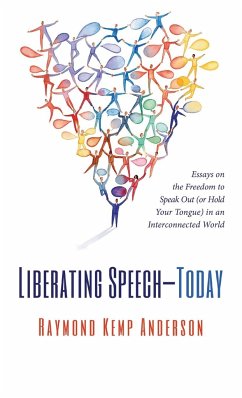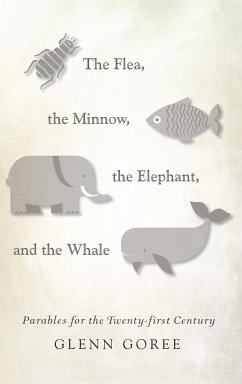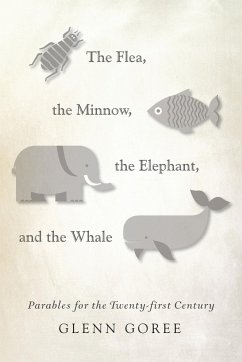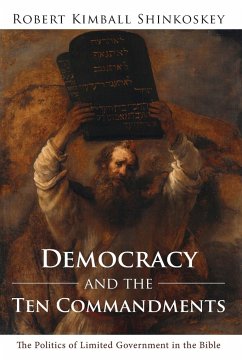In the wake of the furious demonstrations and debates evoked by terrorist attacks in Paris and elsewhere, Dr. Anderson's pithy essays unfold respectful, moderating responses that take seriously the cultural and religious differences that breed resentment between peoples and convulse the media. Written from a Reformed theological perspective, his reflections unfold the dynamics of free and faithful self-expression that promise happier, human-scaled, interpersonal, international, and inter-faith relations. Whether your communications are across the back fence, on the political stump, from the pulpit, writer's desk, or TV stage--whether you are a teacher, corporate agent, public servant, or soldier, you will find yourself reinforced and challenged to deepen the very roots of your calling and speak out in the fullest freedom.
Hinweis: Dieser Artikel kann nur an eine deutsche Lieferadresse ausgeliefert werden.
Hinweis: Dieser Artikel kann nur an eine deutsche Lieferadresse ausgeliefert werden.








